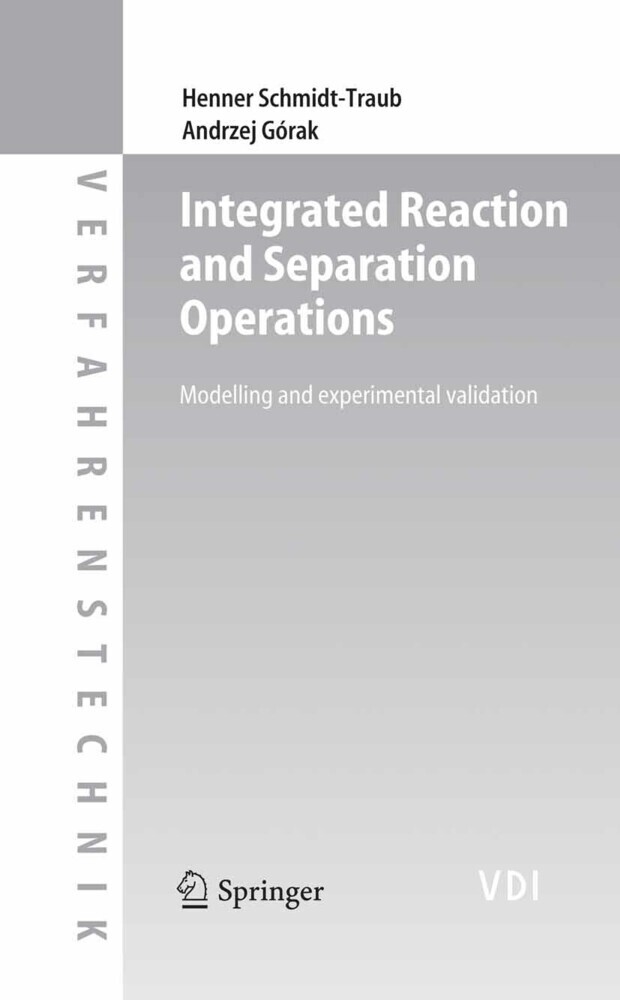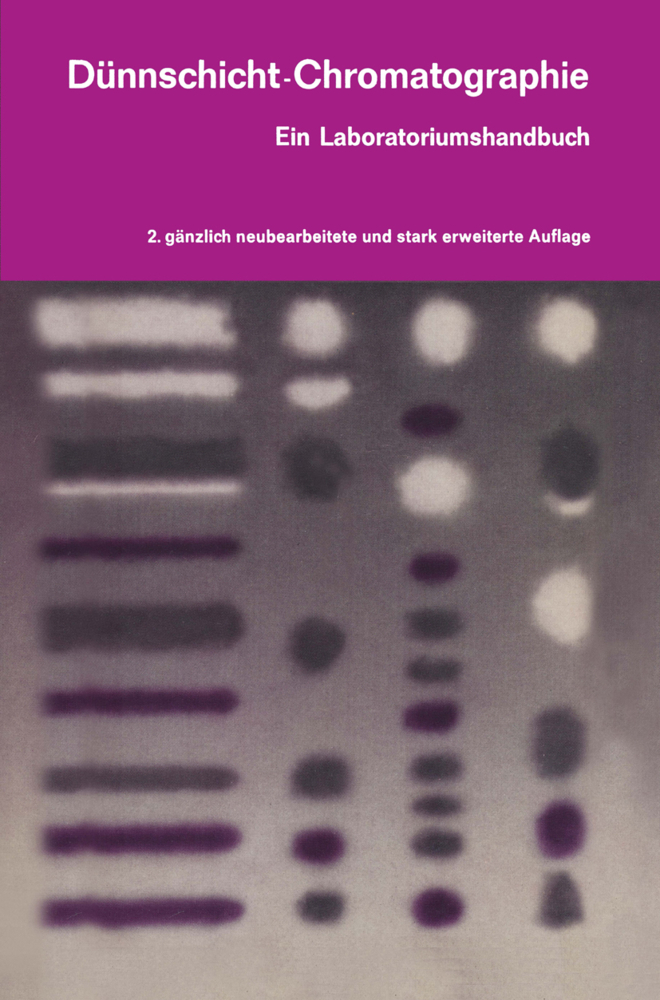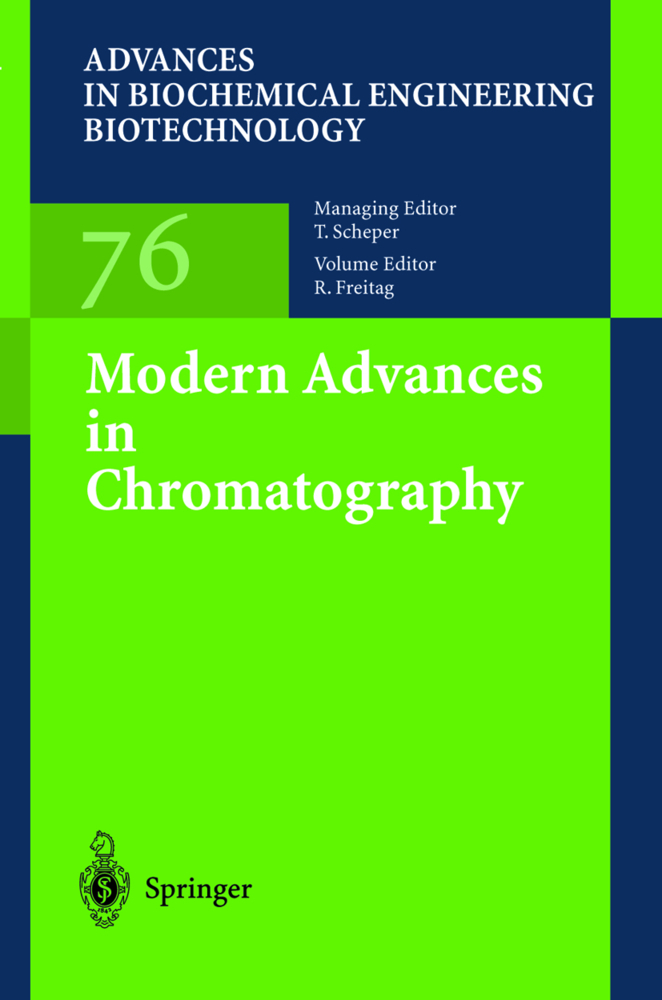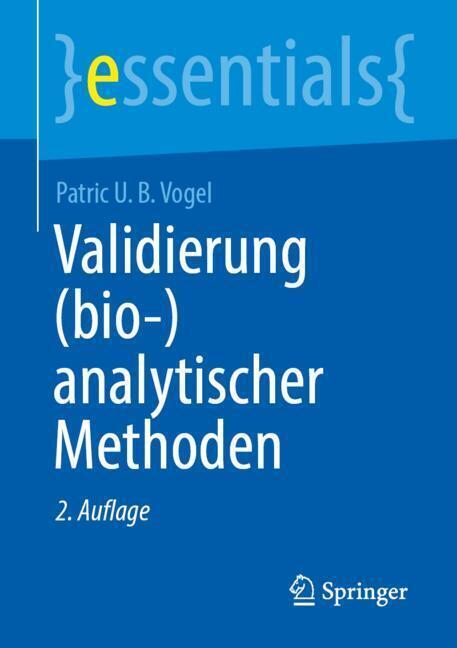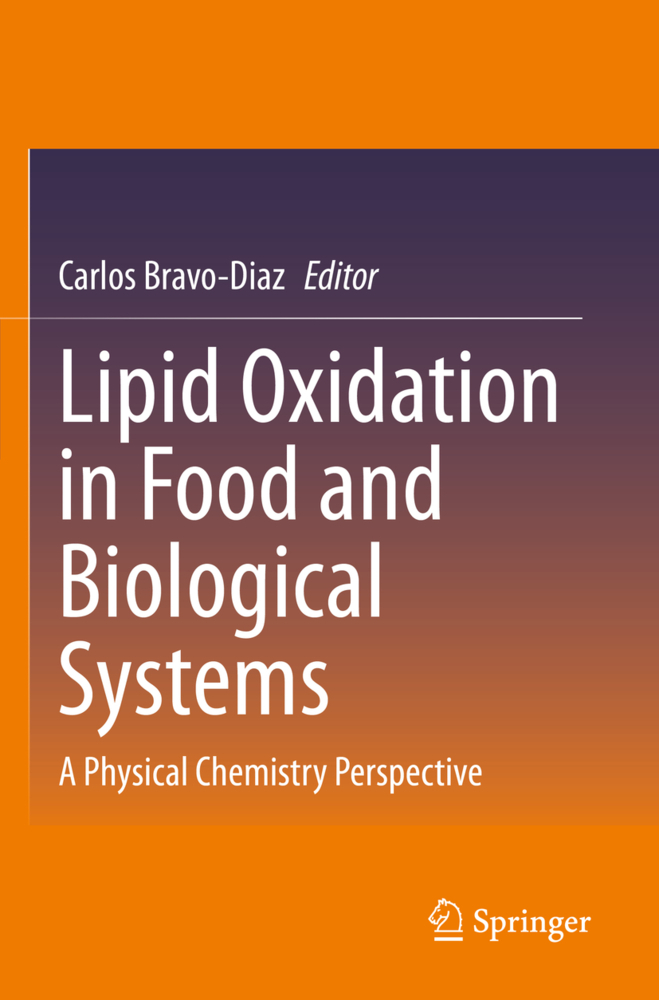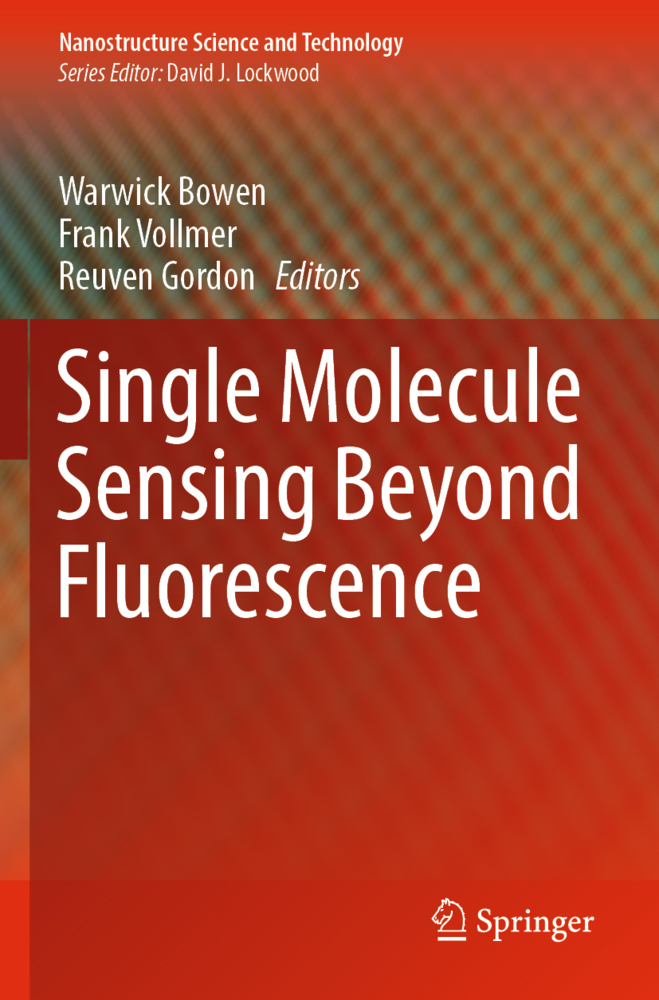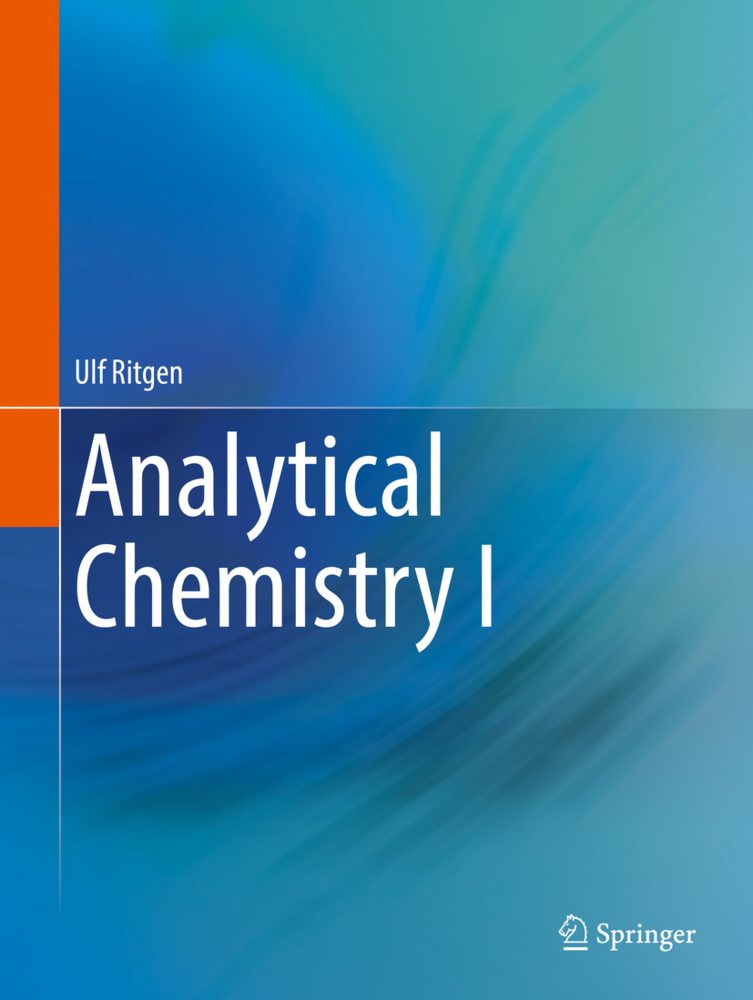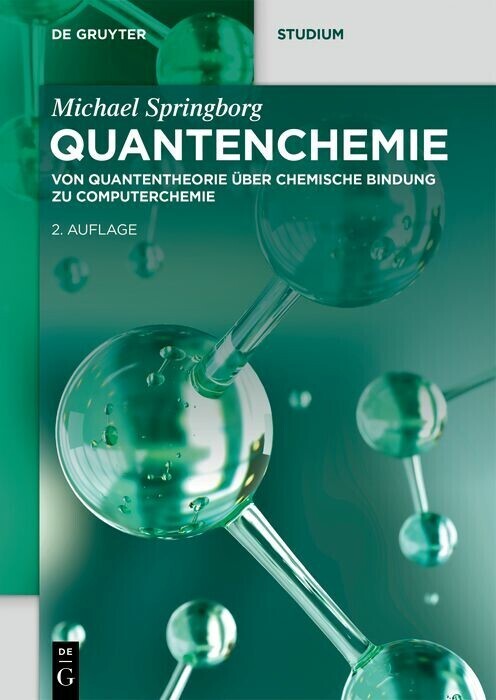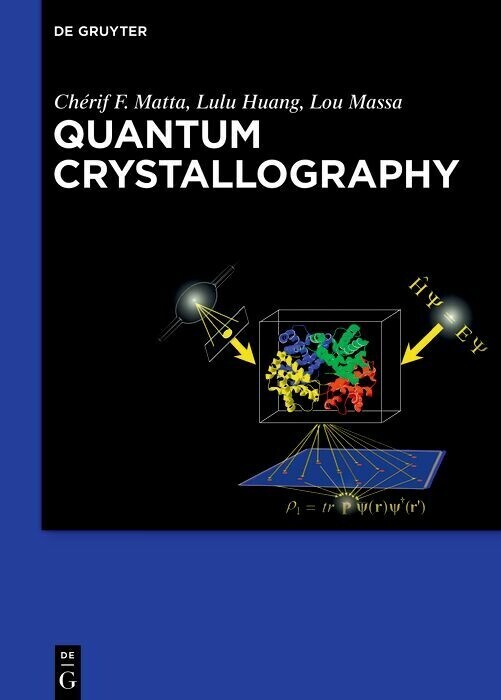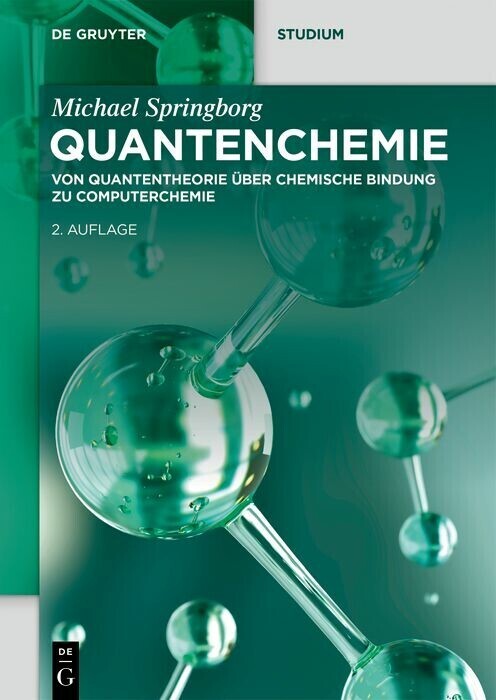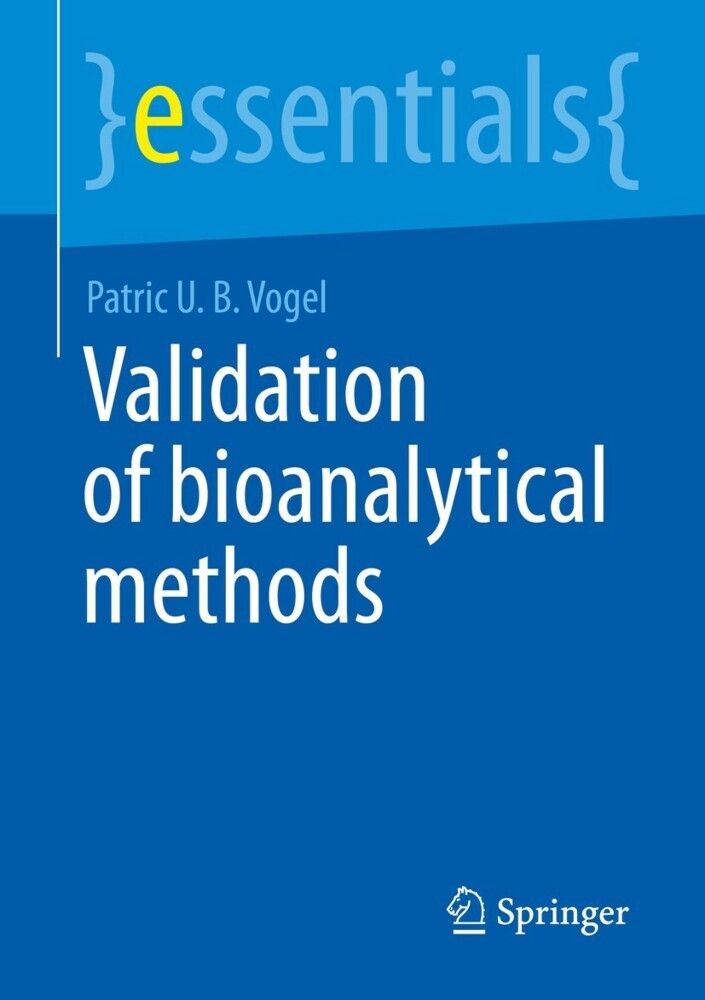Integrated Reaction and Separation Operations
Modelling and experimental validation
Efficiency as well as economy of chemical processes can be increased by integration of reaction and separation in one unit. In this case e.g. reversible reaction may reach complete conversion. Well known examples are reactive distillations. But it has to be taken into account that process integration is not advantages in any case. An important parameter for process design is the degree of integration which varies between homogeneous integration, partial integration with distributed functionalities and non-integrated sequential processes.
The book gives deep insights into the overall evaluation of integrated processes as well as development of methods for a systematic design and optimisation of integrated reaction and separation processes.. Potentials and the technical as well as economic limitations for process integration have been identified. The book covers several case studies of reactive distillation, reactive extraction, reactive gas-adsorption and chromatographic reactors which have been investigated from the modelling and experimental point of view. Based on validated models process simulation was used to optimize these processes. Following the concept of integrated process design approaches have been developed for model predictive control and process optimisation during production. Another new and very important focus of the book is systematic synthesis of integrated processes.
Based on the investigation of processes mentioned above as well as further process simulations heuristic rule and short cut method have been developed which are used to evaluate the advantages and disadvantages of a certain process integration and to develop a favourable process design.
The book presents the latest developments in simulation of integrated processes as well as new methods of process synthesis and process control. It shows also the details of experimental approaches for model validation, determining of model parameters and measurement techniques. The combination of sophisticated modelling, optimisation methods and experimental results has not ben published up to now. Therefore on the book addresses readers from industry as well as academic research. The book presents the latest developments in simulation of integrated processes as well as new methods of process synthesis and process control. It shows details of experimental approaches for model validation, determining of model parameters and measurement techniques. The combination of sophisticated modelling, optimisation methods and experimental results has not ben published up to now. The book gives deep insights into the overall evaluation of integrated processes as well as development of methods for a systematic design and optimisation of integrated reaction and separation processes. Potentials for process integration and the technical as well as economic limitations have been identified. The book covers several case studies of reactive distillation, reactive extraction, reactive gas-adsorption and chromatographic reactors which have been investigated from the modelling and experimental point of view. Based on validated models process simulation was used to optimize these processes. Following the concept of integrated process design approaches have been developed for model predictive control and process optimisation during production. Another new and very important focus of the book is systematic synthesis of integrated processes.
The book addresses readers from industry as well as academic researchers.
Professor Dr.-Ing. Schmidt-Traub studied Chemical Engineering, first in Braunschweig, then in Berlin, where he got his PhD and habilitation from the Technical University. He worked in leading positions in engineering industry. He held the chair of Plant Design at the University of Dortmund and chaired Dechema as well as GVC working groups. He was speaker of the Research Group " Integrated Reaction and Separation Operations" by Deutsche Forschungsgemeinschaft (DFG). His main research activities are preparative chromatography, down stream processing, process design and plant engineering.
Professor Górak graduated from Technical University of Lodz, Poland, where he also got his PhD before he joined Henkel kGaA in Düsseldorf as senior researcher. He got his "venia legendi" from RWTH Aachen and was appointed for Professor at Dortmund University and at the Technical University of Lodz, Poland. Chairman of several German Working Parties on Fluid Separation and Process Simulation, editor. His scientific interests are reactive and bioreactive separation processes, process intensification, computer aided process engineering.
The book gives deep insights into the overall evaluation of integrated processes as well as development of methods for a systematic design and optimisation of integrated reaction and separation processes.. Potentials and the technical as well as economic limitations for process integration have been identified. The book covers several case studies of reactive distillation, reactive extraction, reactive gas-adsorption and chromatographic reactors which have been investigated from the modelling and experimental point of view. Based on validated models process simulation was used to optimize these processes. Following the concept of integrated process design approaches have been developed for model predictive control and process optimisation during production. Another new and very important focus of the book is systematic synthesis of integrated processes.
Based on the investigation of processes mentioned above as well as further process simulations heuristic rule and short cut method have been developed which are used to evaluate the advantages and disadvantages of a certain process integration and to develop a favourable process design.
The book presents the latest developments in simulation of integrated processes as well as new methods of process synthesis and process control. It shows also the details of experimental approaches for model validation, determining of model parameters and measurement techniques. The combination of sophisticated modelling, optimisation methods and experimental results has not ben published up to now. Therefore on the book addresses readers from industry as well as academic research. The book presents the latest developments in simulation of integrated processes as well as new methods of process synthesis and process control. It shows details of experimental approaches for model validation, determining of model parameters and measurement techniques. The combination of sophisticated modelling, optimisation methods and experimental results has not ben published up to now. The book gives deep insights into the overall evaluation of integrated processes as well as development of methods for a systematic design and optimisation of integrated reaction and separation processes. Potentials for process integration and the technical as well as economic limitations have been identified. The book covers several case studies of reactive distillation, reactive extraction, reactive gas-adsorption and chromatographic reactors which have been investigated from the modelling and experimental point of view. Based on validated models process simulation was used to optimize these processes. Following the concept of integrated process design approaches have been developed for model predictive control and process optimisation during production. Another new and very important focus of the book is systematic synthesis of integrated processes.
The book addresses readers from industry as well as academic researchers.
Professor Dr.-Ing. Schmidt-Traub studied Chemical Engineering, first in Braunschweig, then in Berlin, where he got his PhD and habilitation from the Technical University. He worked in leading positions in engineering industry. He held the chair of Plant Design at the University of Dortmund and chaired Dechema as well as GVC working groups. He was speaker of the Research Group " Integrated Reaction and Separation Operations" by Deutsche Forschungsgemeinschaft (DFG). His main research activities are preparative chromatography, down stream processing, process design and plant engineering.
Professor Górak graduated from Technical University of Lodz, Poland, where he also got his PhD before he joined Henkel kGaA in Düsseldorf as senior researcher. He got his "venia legendi" from RWTH Aachen and was appointed for Professor at Dortmund University and at the Technical University of Lodz, Poland. Chairman of several German Working Parties on Fluid Separation and Process Simulation, editor. His scientific interests are reactive and bioreactive separation processes, process intensification, computer aided process engineering.
1;Preface;5 2;Corresponding Authors;8 3;Table of contents;9 4;1 Introduction;13 5;2 Synthesis of reactive separation processes;19 5.1;2.1 Introduction;19 5.2;2.2 Fundamental process synthesis concepts;20 5.3;2.3 Process synthesis strategy;29 5.3.1;2.3.1 Process goals;30 5.3.2;2.3.2 Data acquisition / thermodynamic analysis;30 5.3.3;2.3.3 Investigation of the reaction phase;31 5.3.4;2.3.4 Identification of incentives;31 5.3.5;2.3.5 Selection of the separation process;31 5.3.6;2.3.6 Knock-out criteria;33 5.3.7;2.3.7 Estimation of product regions for full integration;33 5.3.8;2.3.8 Measures to achieve the desired product quality;37 5.3.9;2.3.9 Necessity of additional steps;38 5.3.10;2.3.10 Simulation and optimization;38 5.3.11;2.3.11 Examples;39 5.4;2.4 Optimization of the process;73 5.4.1;2.4.1 The optimization model;75 5.4.2;2.4.2 Solution method;79 5.4.3;2.4.3 Examples;82 5.5;2.5 Conclusions;96 5.6;2.6 Notation;97 5.7;2.7 Literature;100 6;3 Catalytic distillation;107 6.1;3.1 Introduction;107 6.2;3.2 Basics of catalytic distillation;108 6.2.1;3.2.1 Catalyst;110 6.2.2;3.2.2 Internals;113 6.3;3.3 Modeling;115 6.3.1;3.3.1 Equilibrium stage model;117 6.3.2;3.3.2 Rate-based approach;118 6.4;3.4 Model parameters;122 6.4.1;3.4.1 Vapor-liquid equilibrium;122 6.4.2;3.4.2 Reaction kinetics;122 6.4.3;3.4.3 Hydrodynamics and mass transfer;124 6.4.4;3.4.4 Differential models;126 6.5;3.5 Case studies;127 6.5.1;3.5.1 Methyl acetate synthesis;127 6.5.2;3.5.2 Ethyl acetate synthesis;131 6.5.3;3.5.3 Ethyl acetate transesterification;135 6.5.4;3.5.4 Dimethyl carbonate transesterification;139 6.6;3.6 Conclusions;145 6.7;3.7 Notation;147 6.8;3.8 Literature;149 7;4 Reactive gas adsorption;160 7.1;4.1 Introduction;160 7.1.1;4.1.1 Gas-phase adsorptive reactors - operation and regeneration strategies;162 7.1.2;4.1.2 Comparison with related reactor concepts;164 7.2;4.2 Modeling of gas-phase adsorptive reactors;166 7.2.1;4.2.1 Model equations;166 7.2.2;4.2.2 Model implementation and numerical features;170 7.3;4.3 Design principles of adsorptive reactors;171 7.4;4.4 Conversion enhancement of equilibrium-limited reactions;172 7.4.1;4.4.1 Claus reaction;172 7.4.2;4.4.2 HCN-synthesis from CO and NH3;179 7.4.3;4.4.3 Water-gas shift reaction;183 7.5;4.5 Yield and selectivity enhancement for complex reaction schemes;183 7.5.1;4.5.1 Direct synthesis of DME from synthesis gas;184 7.5.2;4.5.2 Oxidative dehydrogenation of ethylbenzene to styrene;190 7.6;4.6 Conclusions;195 7.7;4.7 Notation;196 7.8;4.8 Literature;198 8;5 Reactive liquid chromatography;202 8.1;5.1 Introduction;202 8.2;5.2 Process concepts;203 8.2.1;5.2.1 Chromatographic batch reactor;203 8.2.2;5.2.2 Continuous annular reactor;204 8.2.3;5.2.3 Counter-current flow reactors;205 8.2.4;5.2.4 Degree of process integration;210 8.3;5.3 Modeling of simulated moving bed reactors;211 8.3.1;5.3.1 Rigorous models;213 8.3.2;5.3.2 TMBR model;219 8.3.3;5.3.3 Comparison of TMBR and SMBR;221 8.4;5.4 Experimental model validation;222 8.4.1;5.4.1 Parameter determination;222 8.4.2;5.4.2 Production of -phenethylacetate;225 8.4.3;5.4.3 Thermal racemization of Troegers Base;228 8.5;5.5 Short-cut design methods for SMB reactors;230 8.5.1;5.5.1 Reactions of type A + B C + D;231 8.5.2;5.5.2 Other types of reaction;235 8.5.3;5.5.3 Short-cut calculation for irreversible esterification;236 8.6;5.6 Design of chromatographic reactors;237 8.6.1;5.6.1 Choice of the chromatographic system;237 8.6.2;5.6.2 Model based optimization of design and operating parameters;238 8.6.3;5.6.3 Evaluation and application of chromatographic reactors;240 8.7;5.7 Notation;245 8.8;5.8 Literature;247 9;6 Reactive extraction;251 9.1;6.1 Introduction;251 9.2;6.2 Reactive extraction systems;251 9.2.1;6.2.1 Separation processes;252 9.2.2;6.2.2 Synthesis processes;253 9.3;6.3 System analysis and plant design;254 9.3.1;6.3.1 Analysis of the reaction system;256 9.4;6.4 Modelling;258 9.4.1;6.4.1 Mini-plant design;259 9.5;6.5 Experiments in the continuous mini-
Schmidt-Traub, Henner
Górak, Andrzej
| ISBN | 9783540303046 |
|---|---|
| Artikelnummer | 9783540303046 |
| Medientyp | E-Book - PDF |
| Copyrightjahr | 2007 |
| Verlag | Springer-Verlag |
| Umfang | 366 Seiten |
| Sprache | Englisch |
| Kopierschutz | Digitales Wasserzeichen |

